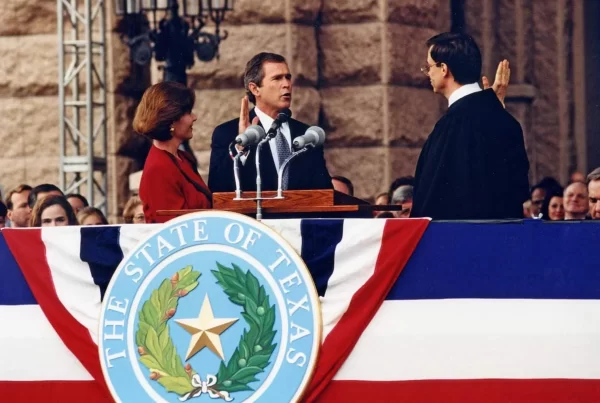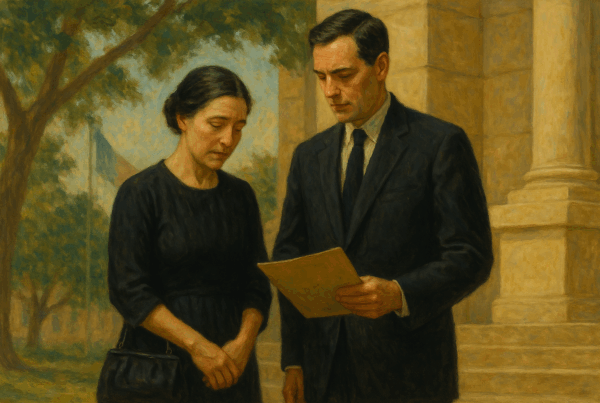A tax rate election—also called a rollback election or tax ratification election—is a vote by residents of a local taxing unit (such as a school district, city, or county) to approve or reject a proposed property tax rate that exceeds a certain threshold set by state law.
Tax rate elections ensure that substantial increases in local property tax rates are subject to direct voter input. They are a key component of the state’s broader strategy to control local tax growth and enhance taxpayer transparency.
Purpose and Background
In Texas, local governments are limited in how much they can increase property tax revenue from year to year without voter approval. Under current law, if a taxing unit (other than a school district or certain special districts) adopts a tax rate that would result in more than a 3.5% increase in revenue from existing properties compared to the prior year, the unit must hold a tax rate election to seek voter approval.
The 3.5% threshold is referred to as the voter-approval tax rate. This rate is calculated annually and includes provisions to adjust for newly added property to the tax roll, excluding it from the base growth calculation.1
Governing Units Affected
The election requirement applies to most cities, counties, and school districts, with some variation for special districts.
School districts are also subject to voter approval requirements, but they follow a distinct process from cities and counties. When a school board proposes a Maintenance & Operations (M&O) tax rate that exceeds its permitted limit, it must call a Tax Ratification Election. Unlike cities and counties, this limit is not based on a 3.5% revenue threshold—it is determined by a different formula set by the state.2
Certain special-purpose districts, such as water districts and some hospital or utility districts, are governed by different statutory provisions. Instead of using the standard 3.5% voter-approval threshold, these districts may be required to hold an election if they adopt a rate that is higher than the previous year’s rate by a certain margin. The exact rules vary depending on the type of district and the relevant governing statutes.
Triggering an Election
If the adopted tax rate exceeds the calculated voter-approval tax rate, the taxing unit must automatically order an election. This election gives voters the chance to affirm or overturn the proposed rate.
- If the majority of voters reject the proposed rate, the taxing unit may only levy taxes at or below the voter-approval tax rate.
- If approved, the higher rate goes into effect for that tax year.
Election Timing and Ballot Language
Tax rate elections must be held on the uniform election date in November, ensuring maximum participation and consistency with other local elections.The ballot proposition must follow specific statutory requirements to clearly present a “for” or “against” choice to voters, as follows:
“Adopting the tax rate of $____ per $100 valuation by [name of taxing unit] which exceeds the voter-approval tax rate. [ ] FOR [ ] AGAINST”3
Additional Requirements and Notices
Before adopting a tax rate, the governing body must publish notices, including a notice of the public hearing and a tax rate notice with comparisons to the no-new-revenue rate and the voter-approval rate. These notices must be posted on the taxing unit’s website and in a local newspaper.4
Recent Examples of Tax Rate Elections in Texas
1. Austin ISD – November 2024 Tax Rate Election
In November 2024, Austin Independent School District (AISD) voters approved a VATRE to address a $119 million budget deficit and fund staff raises. The approved measure increased the Maintenance & Operations (M&O) tax rate by 9.1 cents per $100 of taxable value, raising it from $0.8595 to $0.9505. This adjustment was projected to generate $171 million in additional revenue, with $41 million retained by AISD and the remainder subject to state recapture under the “Robin Hood” school finance system.
2. Travis County – November 2024 Tax Rate Election
Travis County held a tax rate election after the Commissioners Court adopted an ad valorem tax rate of $0.344445 per $100 valuation, exceeding the voter-approval tax rate of $0.319445. The proposed increase aimed to fund affordable child care, afterschool programs, and workforce development initiatives.
3. Port Arthur ISD – May 2025 Bond Propositions
In May 2025, Port Arthur Independent School District voters considered two bond propositions totaling $300 million. Proposition A, approved by 59.4% of voters, allocated $222 million for constructing a new middle school, expanding career and technical education facilities, and enhancing transportation. Proposition B, passing with 55.36% approval, dedicated $78 million to building new athletic facilities.
4. East Central ISD – May 2025 Bond Election
After a failed attempt in November 2024, East Central Independent School District successfully passed a $309 million bond in May 2025. The bond, approved by over two-thirds of voters, funded the construction of a new high school and two elementary schools to accommodate projected enrollment growth from 11,200 students in 2023 to over 25,600 by 2033. The measure included an $0.08 increase in the tax rate per $100 of assessed property value, effective in 2027.
5. Laredo – May 2025 City Bond Election
In May 2025, Laredo voters rejected a historic $417 million bond package—the city’s first since 1993—intended to fund public safety, health, road improvements, and affordable senior housing. Despite the city’s growth and rising needs, all four propositions were overwhelmingly defeated by the 13,222 voters who participated, representing just over 9% of registered voters in Webb County. City officials emphasized the importance of public input and pledged to explore alternative funding methods for the proposed projects.


